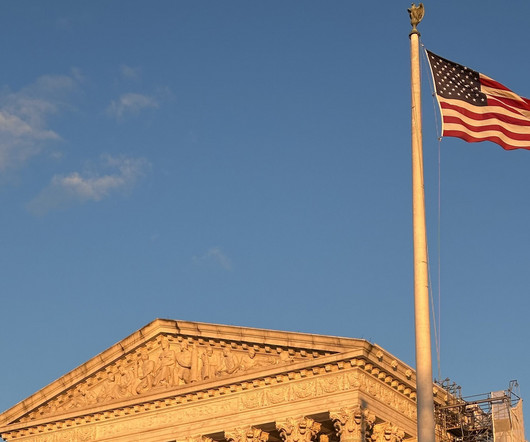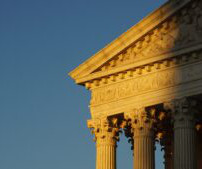Supreme Court to hear major case on power of federal agencies
SCOTUSBlog
JANUARY 16, 2024
Justice John Paul Stevens set out a two-part test for courts to review an agency’s interpretation of a statute it administers. If it has not, the court must uphold the agency’s interpretation of the statute as long as it is reasonable. Loper-Bright came to the Supreme Court in November 2022, asking justices to review the D.C.
















Let's personalize your content